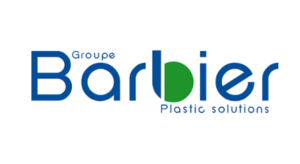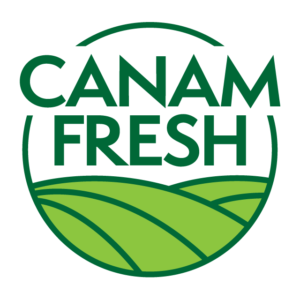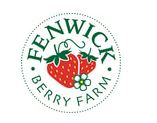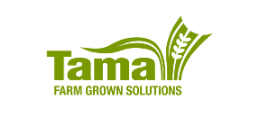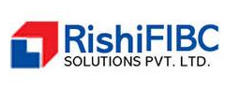In the world of processing tomatoes, Brix levels reign supreme, and water management emerges as the ultimate influencer. The key to elevating Brix levels, increasing yields, and securing profits lies in the precise control that precision irrigation offers.
Discover how this method empowers growers to command Brix, eliminate moisture stress, and strike the ideal balance between growth and productivity.
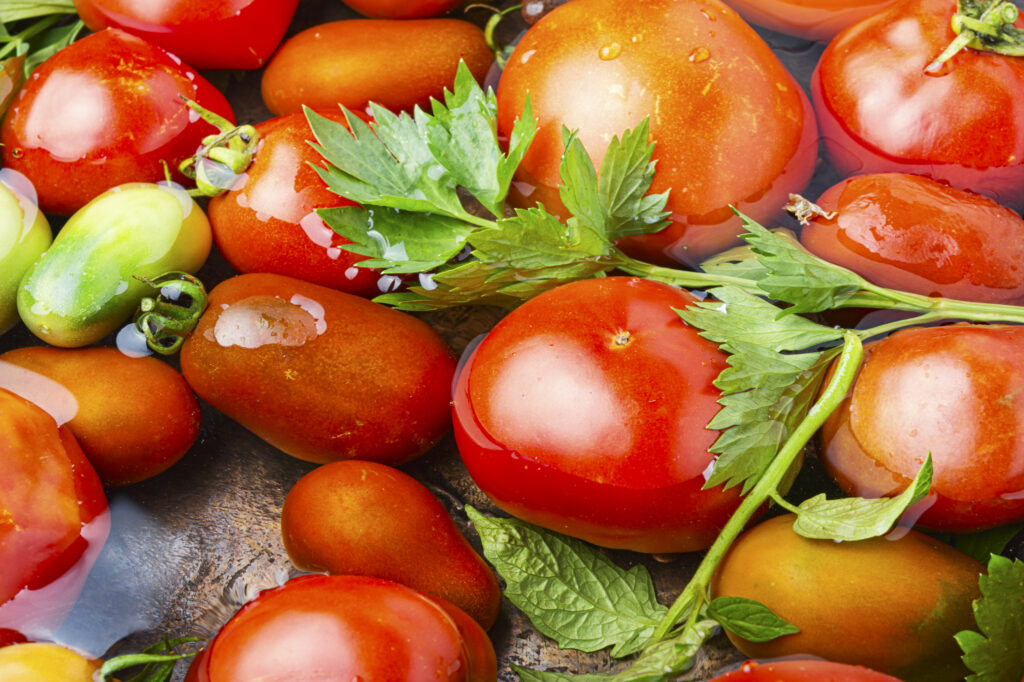
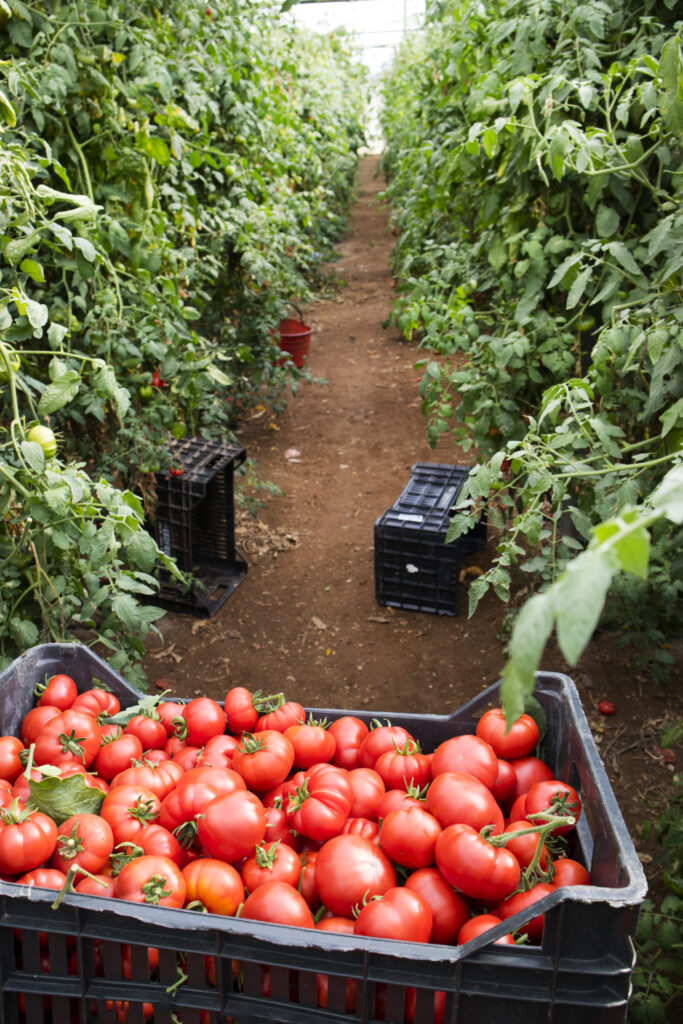
Precision irrigation becomes the cornerstone of processing tomato cultivation by delivering unparalleled control over water management. Here’s why precision irrigation is indispensable for processing tomatoes:
Control of Brix Levels
Eliminate Moisture Stress
Balance Growth and Productivity
Uncover the secrets of precision irrigation for processing tomatoes, where Brix levels, yields, and profitability are transformed through strategic water management and meticulous control.
Discover how precision irrigation empowers growers to enhance Brix levels, eliminate moisture stress, and strike the perfect balance between growth and productivity. Whether you’re seeking insights into its importance or its sustainable benefits, these frequently asked questions provide the knowledge you need to master precision irrigation for processing tomatoes.
Precision irrigation for processing tomatoes is a method that delivers water and nutrients precisely to the plant’s root zone, optimizing water management. It is essential because it allows growers to control Brix levels, eliminate moisture stress, and balance growth and productivity for higher yields.
Precision irrigation enables growers to induce water stress strategically as the fruit ripens, driving sugars into the fruit and resulting in higher Brix levels.
Yes, precision irrigation, particularly drip irrigation, ensures frequent and precise watering at the plant root zone, effectively eliminating moisture stress during critical stages, which maximizes yield.
Precision irrigation provides growers with the control and flexibility to supply crops with the exact amount of water and fertilizer they need, maintaining the delicate balance between vegetative growth and productivity.
Yes, precision irrigation can be adapted to various field sizes, topographies, and soil types, making it a versatile choice for processing tomatoes, regardless of the growing conditions.
Absolutely, precision irrigation not only enhances current yields but also offers long-lasting performance. Subsurface drip irrigation systems, for example, can endure up to 20 years, providing consistent benefits.
Precision irrigation reduces resource wastage, ensures efficient nutrient use, and contributes to lower environmental impact, making it a sustainable and eco-friendly choice for processing tomato growers.



